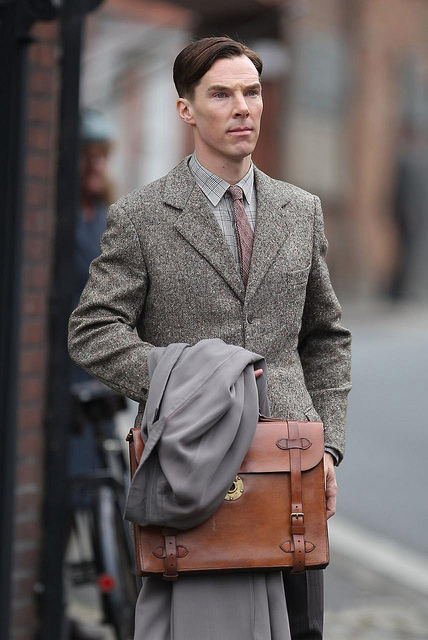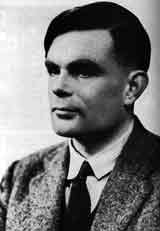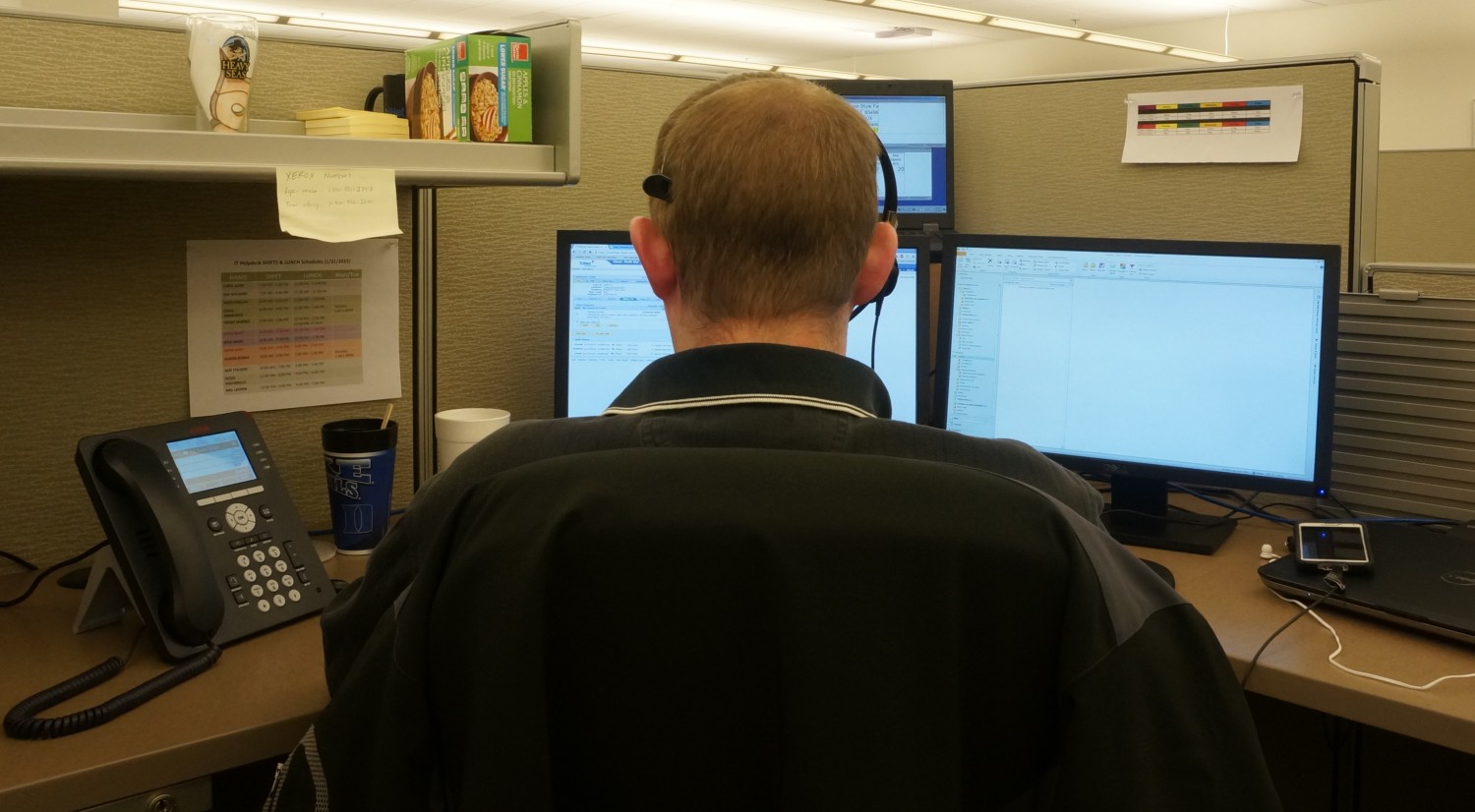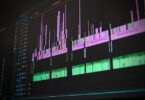 aNewDomain — If “The Imitation Game” or actor Benedict Cumberbatch clinches a gold statue, this will be an Oscar win to remember. Cumberbatch delivers an outstanding performance in his uncanny portrayal of tortured WWII-era tech genius Alan Turing.
aNewDomain — If “The Imitation Game” or actor Benedict Cumberbatch clinches a gold statue, this will be an Oscar win to remember. Cumberbatch delivers an outstanding performance in his uncanny portrayal of tortured WWII-era tech genius Alan Turing.
It’s estimated that with Turing’s encoding of the German Engima machine, he shortened WWII by at least two years of war and saved an estimated 14 million lives.
“Imitation Game” TrailerVideo: The Weinstein Company
Alan Turing, Cryptographer
Alan Turing, inventor of the code breaking machine, was born June 23, 1912 in London. His suicide by cyanide on June 7, 1954, was a tragic ending for a misunderstood scientist, a homosexual who spent time in a UK prison for his gay “crimes.”

The digital computer system Turing invented was the Universal Turing Machine. Colossus, the first programmable digital electronic computer, was built at Bletchley Park by engineer Tommy Flowers, incorporating Turing’s ideas.
While Turing invented a code-breaking machine, he was resolute about the power of the mind. He was a critic of U.S. intelligence and it’s use of technology, as the Guardian shows.
Turing’s own reports from Washington are filled with disdain for what he saw as America’s over-reliance on technology rather than thought. ‘I am persuaded that one cannot very well trust these people where a matter of judgment in cryptography is concerned,’ he wrote. ‘It astonished me to find that they make these elaborate calculations before they had really grasped the main principles. [But] I think we can make quite a lot of use of their machinery.’
NSA Now, 70 years after WW2
It seems like many of Turing’s concerns with the U.S. tech mentality have proven to be true. Today the NSA is a totally reliant tech entity whose analysts have not come up with a real proof of the lives they saved. The question is what has changed in reliance on tech versus thoughtful human based intel — and it’s unclear if there is any change at all.
Even if the NSA invented the software to pass the Turing test, they could not save us from the next terrorist act. That test managed to fool more than 30 percent of humans into thinking it was a human and not a machine (by using an attitude and an accent).
I wonder what Turing would say about the use of technology if he were around today.
For aNewDomain, I’m David Michaelis.
First/Featured Image: “hr_The_Imitation_Game_Set_2” by touchedmuch via Flickr Creative Commons
Second Image: “Alan Turing” by Revol Web via Flickr Creative Commons













